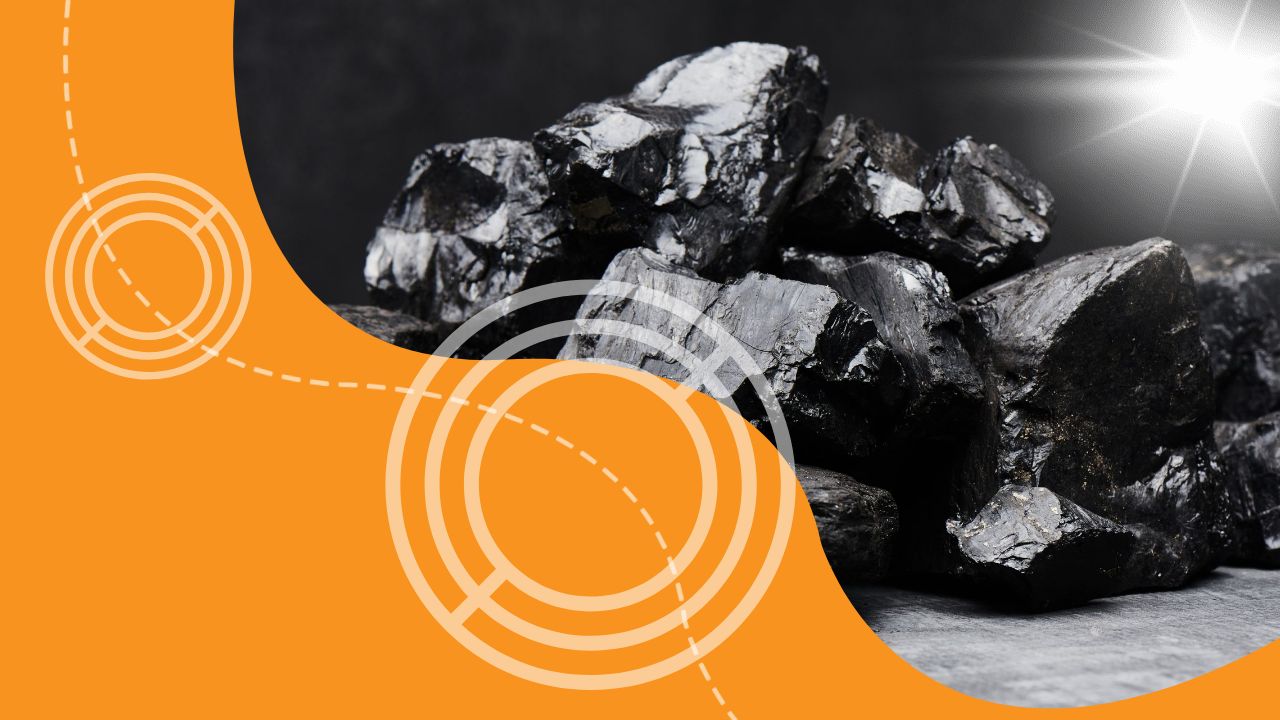Serbia’s Energy Minister Dubravka Djedovic Handanovic announced on Friday that it could take Rio Tinto up to two years to obtain the necessary permits to begin construction on its Jadar lithium project. The project, which could become Europe’s largest lithium mine, recently had its license reinstated after being halted two years ago due to environmental protests.
Handanovic emphasized the importance of securing approvals based on the project’s environmental impact study. She highlighted that the Jadar project is one of the largest certified reserves globally, with 158 million tonnes of lithium, accounting for 17% of Europe’s total reserves. The project, if completed, would produce 58,000 tonnes of battery-grade lithium carbonate annually, enough to power one million electric vehicles and meet 90% of Europe’s current lithium needs. This would position Rio Tinto among the top 10 global lithium producers.
Serbia’s President Aleksandar Vučić recently stated that lithium mining in the country would not proceed without guarantees from leading global experts. He stressed that no excavation would occur until all guarantees are secured, predicting no action in the next 12 to 18 months. Meanwhile, Serbia signed agreements with the European Union and Germany granting exclusive access to Serbian lithium for EU members and major car manufacturers, following a court ruling that declared the previous revocation of the Jadar project’s license unconstitutional.
Despite these developments, public opposition remains strong. Thousands protested last week against the Jadar project, with another major protest planned in Belgrade on Saturday. Handanovic questioned the motives behind the protests, suggesting they were more about opposing the government than genuine ecological concerns. She also noted that the project would enable Serbia to leverage its significant mineral resources, including copper, zinc, lead, gold, and lithium, by gaining access to advanced technical expertise.


